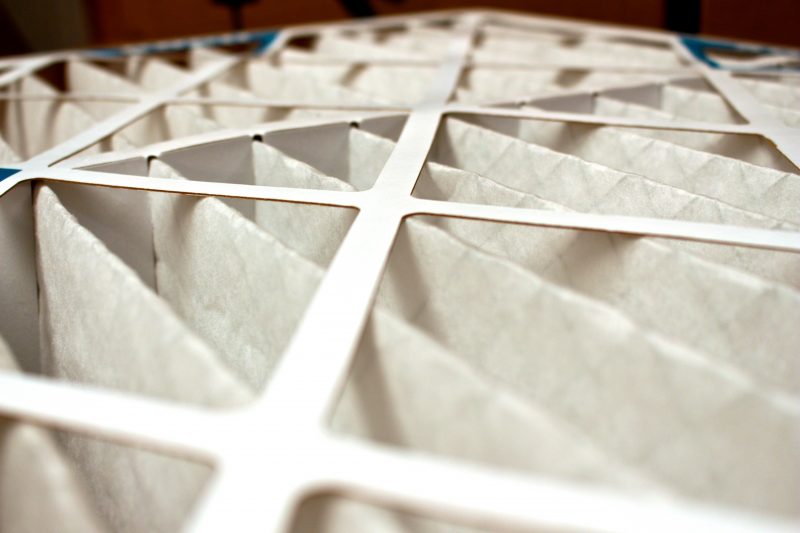Breathe Easy: How Often Should You Replace Your HVAC Filters?
Your HVAC system works hard to keep your home comfortable year-round, but it can only do its job effectively with a clean air filter. Think of your air filter as the lungs of your HVAC system, trapping dust, allergens, and other airborne particles that can hinder its performance and affect your indoor air quality. But how often should you replace those filters? At Wayne Price Heating & Air Conditioning, we’re here to help you breathe easy and keep your HVAC system running smoothly.

The General Rule of Thumb: Every 1-3 Months
While there’s no one-size-fits-all answer, most HVAC experts recommend replacing your air filters every 1 to 3 months. However, several factors can influence the ideal replacement frequency:
1. Filter Type:
- Fiberglass Filters: These are the most common and affordable type, but they also offer the least filtration. They typically need to be replaced every month.
- Pleated Filters: These filters offer better filtration than fiberglass and can last up to 3 months.
- High-Efficiency Filters: These filters, such as HEPA filters, trap even smaller particles and can last 6 months or longer. However, they may restrict airflow and require a more powerful HVAC system.
2. Home Environment:
- Pets: If you have furry friends, their dander can clog your filters faster. Consider replacing them every 2 months or even more frequently if you have multiple pets or allergies.
- Allergies and Asthma: For those with allergies or asthma, more frequent filter changes (every 4-6 weeks) can help improve indoor air quality and reduce symptoms.
- Dust and Debris: If you live in a dusty area or have construction going on nearby, you may need to replace your filters more often.
3. HVAC Usage:
- Frequent Use: If you run your HVAC system constantly, especially during extreme weather, your filters will need to be replaced more often.
- Seasonal Changes: Consider replacing your filter at the beginning of each heating and cooling season to ensure optimal performance.
4. Filter Size:
Thicker filters generally have a longer lifespan than thinner ones. Check the manufacturer’s recommendations for your specific filter type.
Signs Your Filter Needs Replacing:
- Reduced Airflow: If your HVAC system isn’t blowing as strong as it used to, it could be a sign of a clogged filter.
- Increased Dust: Notice more dust accumulating on surfaces? Your filter might not be effectively trapping dust particles.
- Higher Energy Bills: A dirty filter restricts airflow, making your HVAC system work harder and consume more energy.
- Allergies Acting Up: If your allergies are worse than usual, it could be a sign that your filter needs replacing.
Wayne Price: Your HVAC Partner
At Wayne Price Heating & Air Conditioning, we understand the importance of clean air filters for your home’s comfort and health. Our experienced technicians can help you choose the right filter type and provide regular maintenance to keep your HVAC system running efficiently.
Breathe Easy with Clean Air Filters
Don’t neglect your air filters! Regular replacements can improve your indoor air quality, enhance your HVAC system’s efficiency, and protect your health. Contact Wayne Price Heating & Air Conditioning today to learn more about our services and keep your home comfortable and healthy year-round.
